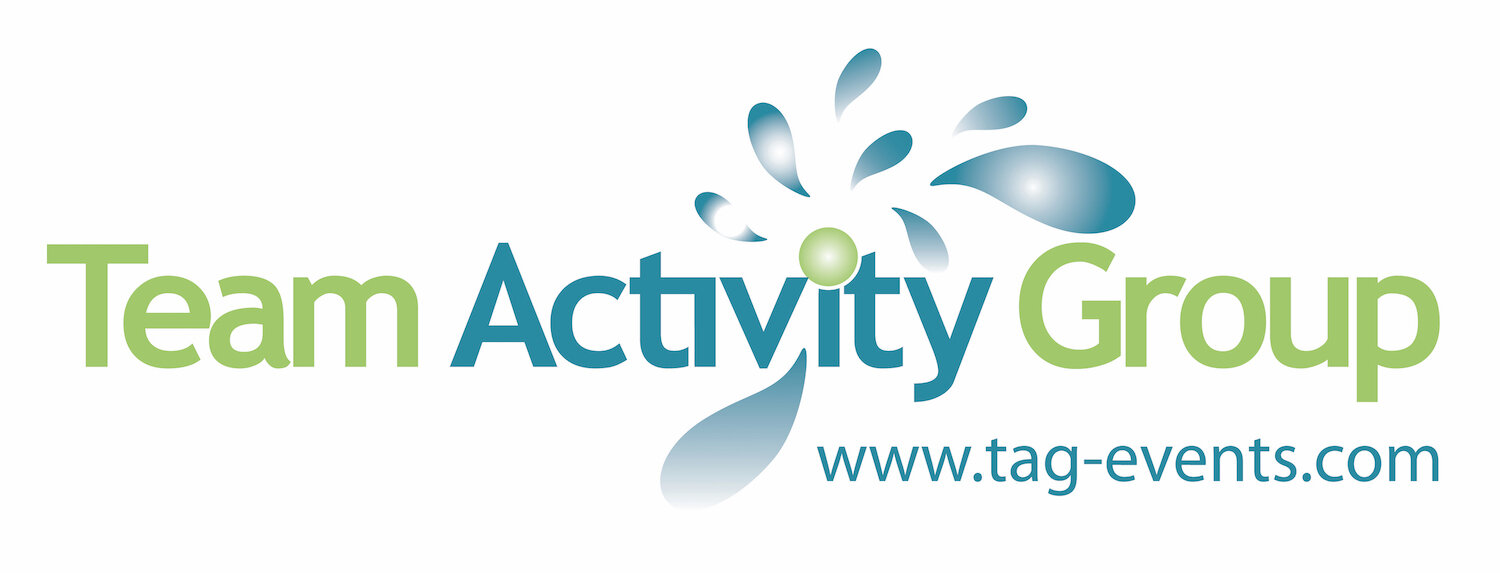The origins of team building events
Team building events and activities have become an integral part of corporate culture, aimed at fostering collaboration, boosting morale, and enhancing productivity within organisations. (Here’s how Dragon Boating with colleagues can have a positive effect, if you’re wondering..). But have you ever thought about where it all started?
Early team building: where it all began
Team building events trace their roots back to the early-20th century, with the rise of the human relations movement in management theory. During this time, scholars and practitioners recognized the importance of interpersonal relationships and group dynamics in the workplace. They believed that fostering positive interactions and effective teamwork among employees would lead to increased productivity and job satisfaction (and they were right!).
Experiments and influences
One huge influence on team building events was the UK’s Tavistock Institute of Human Relations. In the 1940s, the institute conducted experiments that focused on the social aspects of work and the impact of group dynamics on productivity. These experiments involved various activities and discussions designed to enhance communication, cooperation, and problem-solving skills among employees. (Our Cube Challenge or Ultimate Team Build Experience spring to mind!)
Another influential figure was Kurt Lewin, a social psychologist who coined the term ‘group dynamics’. Lewin's research emphasised the importance of group processes and the impact of social factors on individual behaviour. It was his work that laid the foundation for the development of team building activities.
Vintage team building
Can you believe that outdoor adventure challenges, role-playing exercises and problem-solving games have been going since the 1950s? This was when organisations began experimenting with interactive activities.
Initially, these activities got mixed reactions. Some employees viewed them as recreational diversions, but others embraced them as valuable opportunities for personal and professional growth.
And, just like today, the effectiveness of these events varied. Success depended on the facilitator's skills, the relevance of the activities to the workplace, and the organisational culture.
(This is why we always recommend choosing an agency that specialises in corporate activities to plan and run yours. With years of experience in corporate event planning and execution, we know exactly what makes an event a success and how to measure it.)
How team-building events evolved
Over time, things evolved to cater to the changing needs of corporate organisations. The focus shifted from solely recreational activities to more purposeful and skill-based exercises.
Today, team building events encompass a wide range of activities, such as communication workshops, leadership development programs, problem-solving simulations, and collaborative projects.
The modern approach to team building events emphasises experiential learning, where participants actively engage in activities that mirror real-world challenges they may encounter in the workplace. These events often incorporate elements of gamification, technology, and tailored content to create engaging and impactful experiences.
. . .
Although we’ve come a long way since the early days of team building, the purpose remains the same (and just as important): to enhance interpersonal relationships and teamwork in the workplace.
See how a morning spent raft building, an afternoon of painting or a day of pretending you’re on Bake Off works for your company’s relations! Get in touch with us to find out more or book: 01189 402588 / events@tag-events.com. And don’t forget to follow us on Instagram @team_activity_group and LinkedIn, Team Activity Group.
